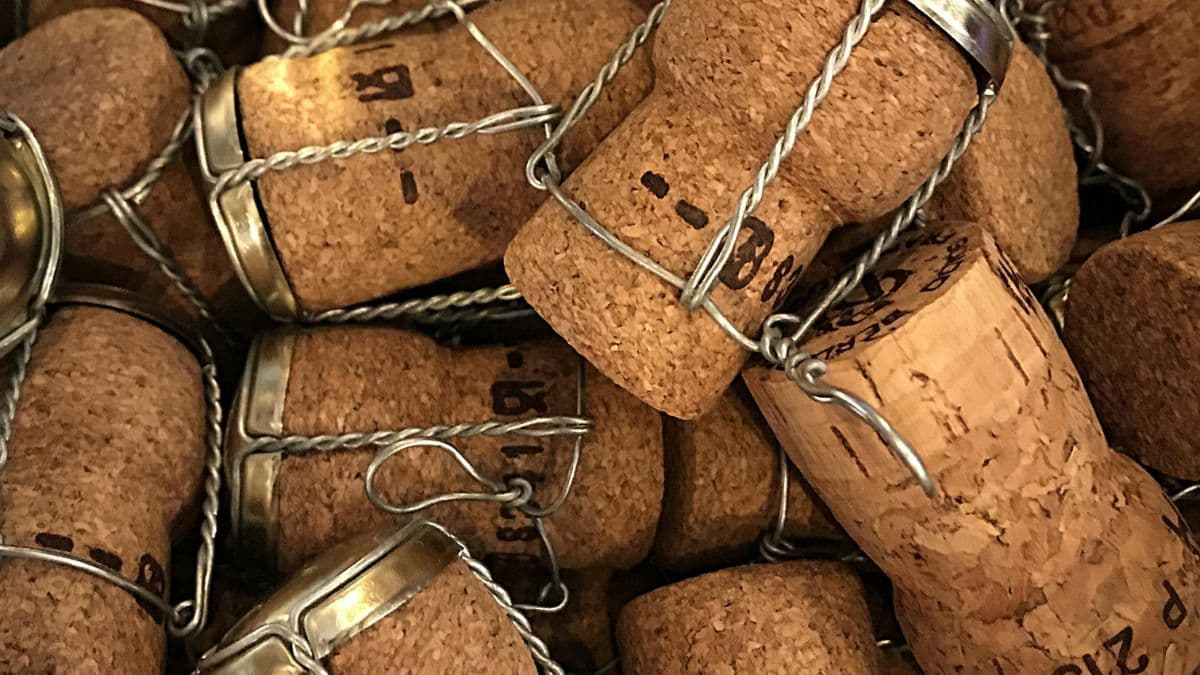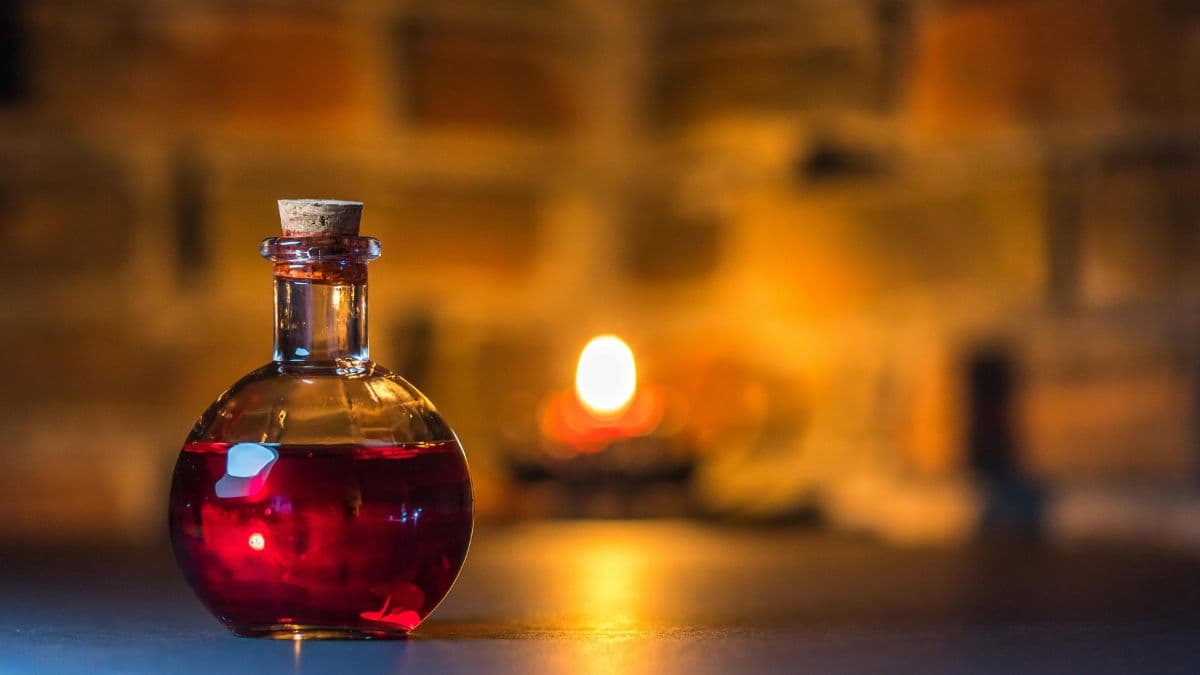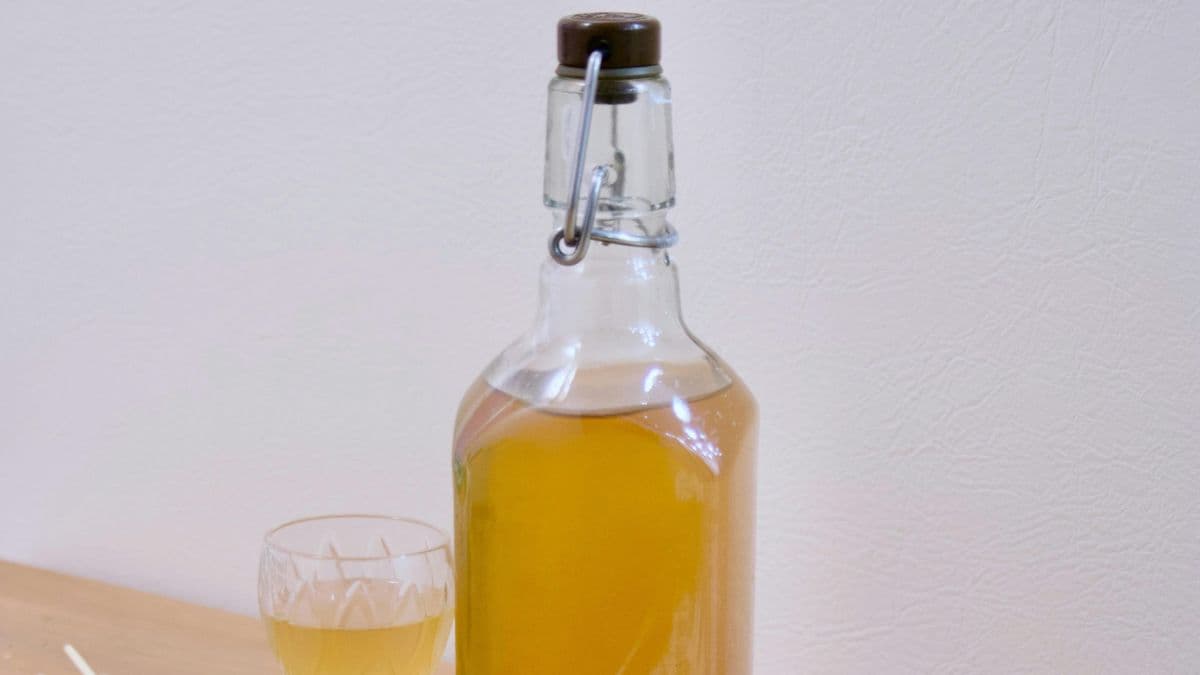What Exactly Is Cork Taint? — And Is Your Whisky Susceptible To It?
Whisky storing and collecting is all about paying attention to the finer details. From ensuring that the whisky cabinet is away from direct sunlight to keeping it tightly sealed in order to prevent exposure to moisture, there is a lot to consider maintaining the stability and consistency of a premium spirit. So it is only evident that a connoisseur explores the impact of many internal and external factors on whisky. One such phenomenon that affects the flavours and aromas of spirits is cork taint.

What Exactly Is Cork Taint?
Put simply, cork taint is caused by the exposure of a spirit bottle’s cork to the external environment. This causes a series of interactions between chemical compounds which leads to the creation of a mouldy, musty smell that slowly begins to lace spirits.
This is most common in the case of wine bottles, many of which come with corks. The flavours of an otherwise good vino might get impacted when the overarching aroma of the wine is this mouldy and damp smell that seems to wrap itself around the entire beverage. Undoubtedly enough, oenophiles are absolutely wary of cork taints.

But Is Whisky At Risk?
One crucial element to understand is that many times whiskies are sealed with screw caps or synthetic stoppers. This is primarily done to prevent the exposure of the spirit to external air, which might lead to oxidation that in turn impacts the flavour of the spirit. Since many whiskies are bottled and then tightly covered with these screw caps instead of regular corks, the risk of a cork taint is immediately reduced.
Another significant factor is ageing. Where wine continues to age, albeit slowly, when it is bottled, whisky seldom undergoes this process. In fact, for a master distiller, ageing whisky in wooden casks is the finest way to imbue it with flavour and complexity. The whisky matures in the casks, arrives at its full flavour profile and is bottled only after this process is complete. So, even if one comes across a corked whisky bottle, the impact of this stopper on the beverage, if it is kept upright in the bar cabinet, will be limited. There is lesser scope for a shift in taste, which means the whisky is less vulnerable to being spoiled with a bad smell.
Moreover, when it comes to whisky, what can be taken into consideration more is the overall ABV content. When highproof whiskies are stored for a longer time, they are themselves more susceptible to interaction with microbes and chemicals which affect their taste. Rather than the cork running interference, in such cases, it might be the whisky itself which can go a bit flat when it is stored without proper care.
Also Read: Party Menu For Pairing Whiskey with Food

So When Does A Whisky Go Off?
Other than worrying about cork taint, what an amateur can look for in order to preserve a good collectible bottle of whisky is proper storage. When whisky is exposed to fluctuating temperatures, excessive sunlight or oxidation upon opening, its flavours can dull over time.
As well, in certain instances, the cork stoppers can come in contact with excess of oxygen and eventually attract moisture. They can crumble and lose their structure imparting off-notes and particles which float into the spirit. This can severely affect the taste of the whisky.
Evidently, whisky’s risk of being affected by cork taint is very limited. Screw caps ensure that when a bottle is stored well and opened years later, it still tastes exactly the way the master distiller intended it to.
So, more than whisky, it is the fine wines that need worrying when it comes to cork taints!
Also Read: Cocktail Preservation Tips Every Home Bartender Must Know!
Drink Responsibly. This communication is for audiences above the age of 25.




